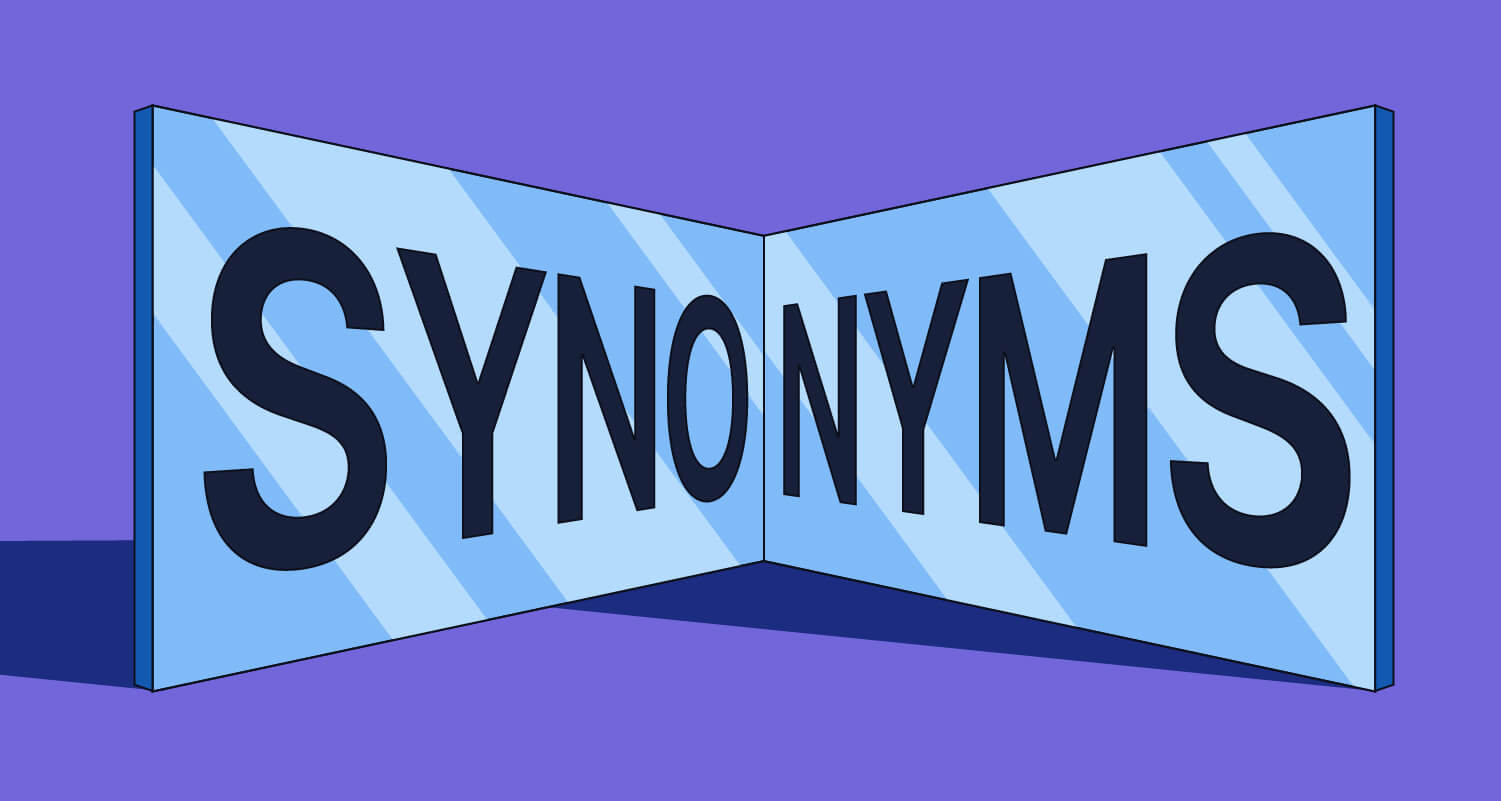If you’re looking for another word for things, you’re in the right place! Sometimes, we all get tired of using the same words, and finding alternatives can make your writing and speaking more interesting. Whether you’re writing an essay, giving a presentation, or just having a conversation, knowing different words for “things” can help you sound more creative and smart.
In this blog post, we will explore several synonyms for “things” and how you can use them in various situations. By the end, you’ll be able to easily pick the right word for the right moment, making your communication clearer and more exciting. Let’s dive into the world of words!
What is another word for things? A Simple Guide
If you’re tired of always saying “things,” it’s time to expand your vocabulary. another word for things could be “objects,” “items,” or “stuff,” depending on the situation. These words are all very similar, but each has a slightly different feel. For example, “objects” might sound a little more formal, while “stuff” is casual and common in everyday speech.
You can also use words like “goods,” “belongings,” or “materials” when talking about something specific. For instance, if you’re talking about things that are sold in a store, “goods” works better than “stuff.” Knowing different words for things helps you sound more precise and avoid repeating the same word over and over again.
Top 5 Synonyms for Things You Can Use Every Day

There are many synonyms for things that you can use without any trouble. Here are five you can start using today:
- Items: This is a great alternative when you’re talking about individual objects.
- Objects: Perfect for describing things with a physical presence.
- Stuff: A very casual word for a collection of things, great for informal speech.
- Belongings: This word works well when talking about personal items.
- Goods: Often used when referring to products, especially in stores.
Each of these words is simple and easy to understand. You can mix them up depending on the situation. Whether you are talking about your belongings or things you need for a project, choosing the right synonym makes your language clearer.
When Should You Use another word for things?
Choosing another word for things can make your writing or speaking more interesting. But when should you actually use a synonym? The key is to pick words that fit the situation. For example, if you’re writing a report or making a presentation, using more specific words like “objects” or “items” can make your point clearer and more professional.
On the other hand, in casual conversations, words like “stuff” or “things” work just fine. But if you find yourself using “things” too much, try swapping it with a synonym. This will prevent your speech or writing from sounding repetitive and help your audience stay engaged.
Some tips for using synonyms:
- Formal situations: Use words like “items,” “products,” or “objects.”
- Casual conversations: Use words like “stuff,” “belongings,” or “things.”
By adjusting your word choices based on the context, you can make your communication smoother and more enjoyable.
How to Make Your Writing Better with Synonyms for Things
Using another word for things is a great way to improve your writing. In essays, blogs, or stories, repeating the word “things” too often can make your writing sound dull. By using synonyms, you can make your writing more vibrant and interesting.
For example, instead of saying, “I have a lot of things to do,” you could say, “I have many tasks to complete” or “I have several activities to finish.” This makes your writing more specific and adds variety. Whether you’re writing a formal paper or a casual blog post, mixing up your vocabulary helps keep your readers engaged.
Another word for things in Different Contexts

There are many situations where another word for things fits better than “things.” Let’s look at a few examples:
- When talking about personal belongings, “possessions” is often a better choice than “things.”
- When discussing work or tasks, try using words like “assignments” or “duties.”
- In business, “products” or “merchandise” is a more accurate term than “things.”
Example Uses:
- At home: “My possessions include my phone, books, and clothes.”
- At work: “I have several tasks to finish before the deadline.”
- In a store: “They sell many types of merchandise here.”
By using the right word for the right context, you can make your message clearer and more precise.
Conclusion
Using another word for things can help you sound more interesting and clear when speaking or writing. By learning different synonyms and knowing when to use them, you can improve your communication skills. This is especially useful in both casual and formal settings, whether you’re writing an essay or just chatting with friends.
Remember, picking the right word for the situation will make your language richer and more enjoyable. So, the next time you find yourself reaching for the word “things,” think about which synonym might fit better!
FAQs
Q: What are some common synonyms for things?
A: Some common synonyms for “things” include “items,” “objects,” “stuff,” “goods,” and “belongings.”
Q: How can I avoid repeating the word “things” in my writing?
A: Use synonyms like “objects,” “items,” or “belongings” to replace “things” and make your writing sound more interesting.
Q: When should I use the word “stuff” instead of “things”?
A: Use “stuff” in casual conversations or when talking about a collection of things in an informal way.
Q: What is the best synonym for things in business?
A: In business, “products,” “goods,” or “merchandise” are better alternatives to “things.”
Q: Can I use synonyms for things in any type of writing?
A: Yes, you can use synonyms for “things” in both formal and informal writing, but choose the right word based on the context.





